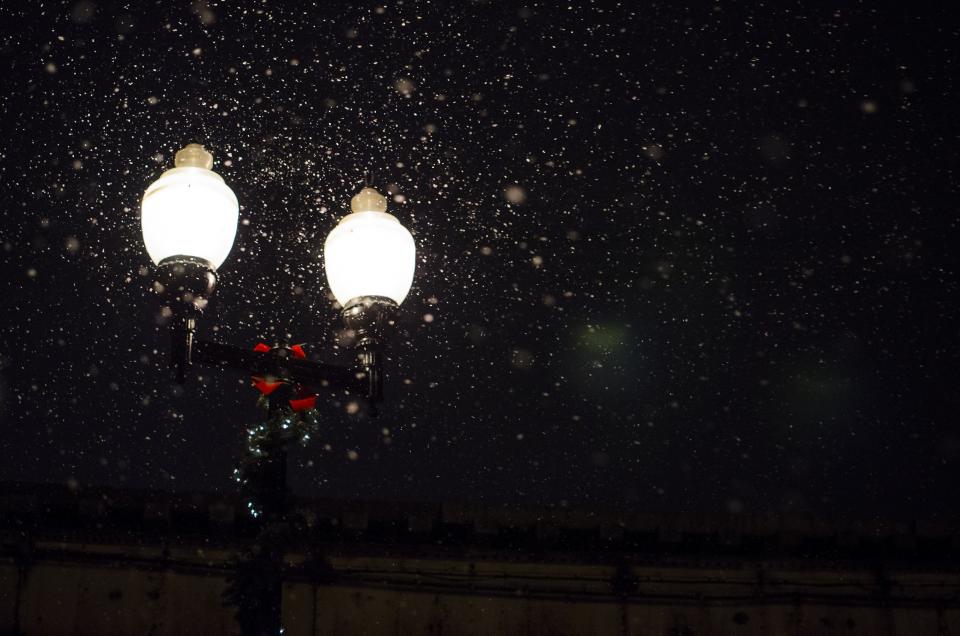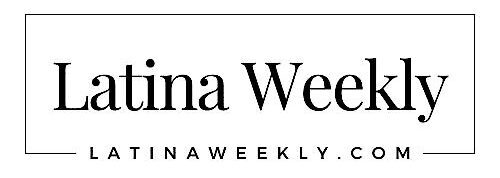The United States government has imposed sanctions against Cuban president Miguel Diaz-Canel and other Cuban officials due to “the unjust detention and torture of the July 2021 protesters.” In a recent statement, U.S. Secretary of State Marco Rubio emphasized, “the US will continue to stand for the human rights and fundamental freedoms of the people of Cuba, and make clear no illegitimate, dictatorial regimes are welcome in our hemisphere.“

In the past, public protests were unusual in Cuba. More recently, however, the island nation has been plagued by worsening inflation, food and medicine shortages. Failed economic reforms, supply chain problems, reduced GDP and the Covid-19 pandemic have all contributed to Cuba’s economic crisis. As daily living conditions continue to worsen so has political unrest. On an international level, Cuba’s government now faces criticism and sanctions since the 2021 protests.

According to reports, human rights violations in Cuba began before the current US administration was in charge. Back in 2021, Cuban citizens were already dealing with a lack of medical supplies and Covid-related deaths. A power outage in July (when it’s hot and air conditioning strains the electric power grid) was probably the last straw. On July 11, 2021, thousands of people filled the streets in demonstration against diminishing essential supplies and poor living conditions. Anti-government protests continued to spread throughout the entire country. The protests were on a massive scale — the largest since the 1959 Cuban revolution. In reaction to the large protests, the Cuban government arrested hundreds of its citizens. It’s been estimated over 1,400 people were arrested with some still remaining in prison many years later. Human rights groups reported a slew of abuses suffered by Cuban protesters and political prisoners. In response, US Secretary of State Marco Rubio directly reprimanded Cuban judicial and prison officials “responsible for, or complicit in, the unjust, attention, and torture of the July 2021 protesters.“ According to the Cuban advocacy group 11J, last year there were around 500 people still serving prison sentences related to the 2021 protests. A comprehensive account of the 2021 Cuban protests can be found on Wikipedia1. Fair warning – the details are not an easy read. A few deaths have been reported and over 100 people have “disappeared” since the arrests.

The latest US sanctions reflect the new administration’s tough stance against human rights violations and dictatorial regimes. Cuba’s economic crisis and infrastructure problems are interrelated. Reliable electricity is a vital part of economic productivity. Cuba’s power grid has been plagued with problems for years. Cuba’s power plants are outdated and in need of maintenance and repairs. Since Cuba produces very little of its own power, it must rely on other countries like Venezuela for oil. Venezuela, however, has been facing its own economic challenges and has been selling more oil to China. This leaves Cuba with even less oil to supply its power plants. Cuba’s energy crisis has continued to worsen with more frequent blackouts and people seeking to leave the island as a result.
Photo Credit #1 : “Havana Cathedral, Havana, Cuba” by Carol M Highsmith/ CC0 1.0
#2: “Night Dark” by Hide Obara/ CC0 1.0
References:
- https://en.wikipedia.org/wiki/2021_Cuban_protests ↩︎
